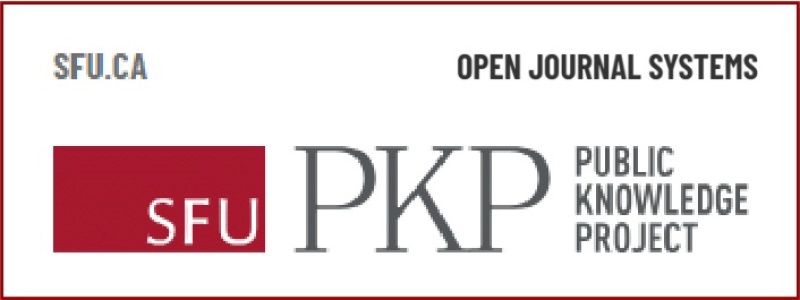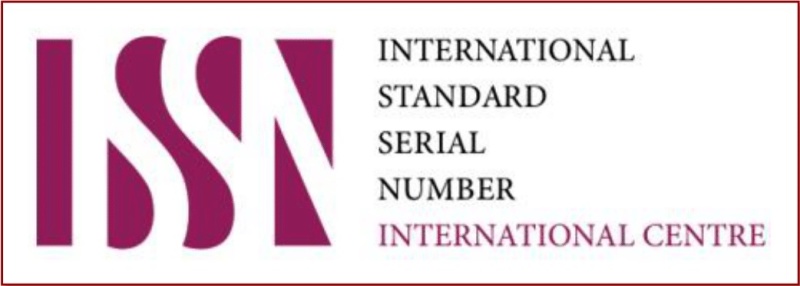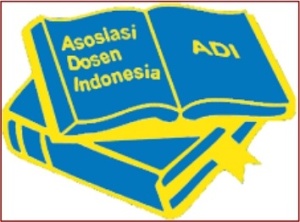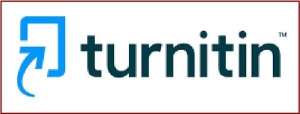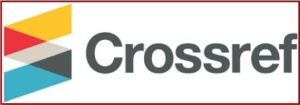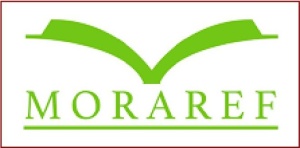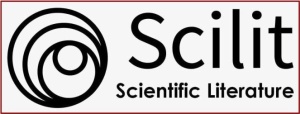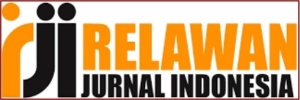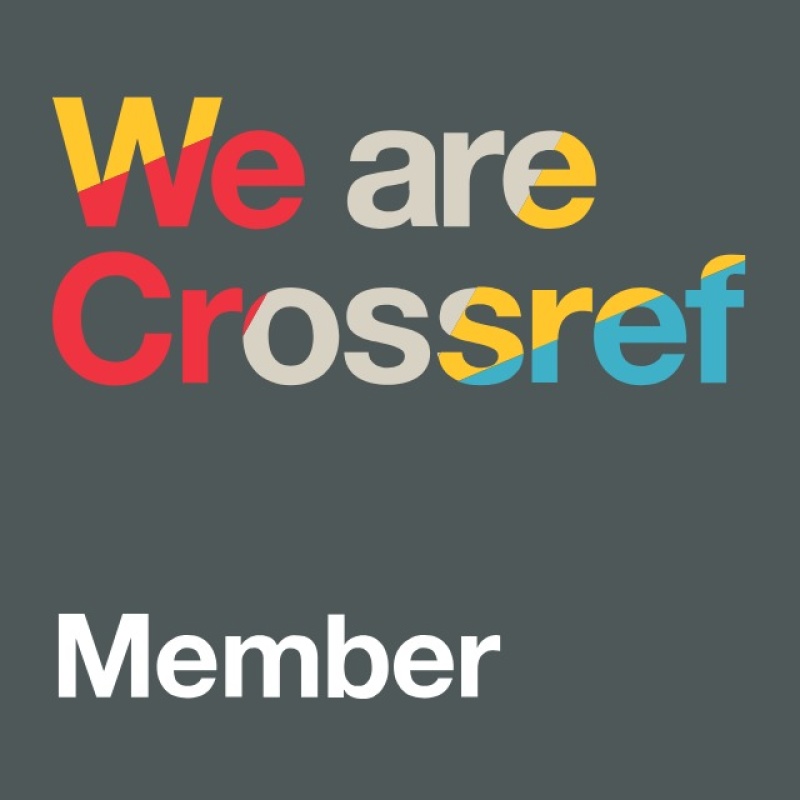Pentingnya Penerapan Keterampilan Life-Long Learning bagi Siswa Sekolah Menengah Atas
DOI:
https://doi.org/10.36312/ejiip.v2i3.113Keywords:
Life-Long Learning, Implications.Abstract
Life-long learning is an on going educational process without time and place limits. It starts from birth until the end of life, that is what happens in the family, school, workplace, and in public life. The purpose of life-long education is to develop the potential of human personality in accordance with nature and its essence, to develop awareness that the growth and development of the human personality is alive and dynamic, and to expand and increase human hope and life. The implications of life-long learning programs can be grouped into several categories, namely: functional literacy education, vocational education, professional education, education towards changes in development and civic education, and political maturity. This study aims to determine how important lifelong education is for high school students (SMA). The method used in this research is a literature study. The data obtained were analyzed through descriptive analytical method with a qualitative approach. The results of the literature study concluded that life-long learning can increase students' independence and entrepreneurial spirit, which is useful throughout the student's life.
Downloads
References
Afriadi, R., & Yuni, R. (2018). Pengembangan Jiwa Bioentrepreneur Mahasiswa Biologi. Jurnal Biolokus: Jurnal Penelitian Pendidikan Biologi dan Biologi, 1(2), 123-127. http://dx.doi.org/10.30821/biolokus.v1i2.353
Badan Pusat Statistik. (2014). Angka Harapan Hidup Penduduk Beberapa Negara pada Tahun 1995-2015. Jakarta: Badan Pusat Statistik.
Basrowi., & Suwandi. (2008). Memahami Penelitian Kualitatif. Jakarta: PT. Rineka Cipta.
Fadhli, R. (2021). Implementasi Kompetensi Pembelajaran Sepanjang Hayat Melalui Program Literasi di Lingkungan Sekolah. Jurnal Kajian Informasi & Perpustakaan, 9(1), 19-38. https://doi.org/10.24198/jkip.v9i1.27000
Fahmi, I. (2013). Analisis Laporan Keuangan. Bandung: CV. Alfabeta.
Hayat, M. S., Rustaman, N. Y., Rahmat, A., & Redjeki, S. (2019). Perkembangan Habits of Mind Mahasiswa Selama Mengikuti Perkuliahan Keanekaragaman Tumbuhan dengan Program Pembelajaran Inkuiri Berorientasi Entrepreneurship. Eksakta : Jurnal Penelitian dan Pembelajaran MIPA, 4(2), 79-134. https://doi.org/10.31604/eksakta.v4i2.120-129
Inna, S., & Karlina, A. (2021). Analisis Kemampuan Kognitif Peserta Didik Melalui Model Pembelajaran Problem Based Learning. Biocaster : Jurnal Kajian Biologi, 1(1), 26-33. https://doi.org/10.36312/bjkb.v1i1.21
Preece, J. (2013). Towards an Africanisation of Community Engagement and Service Learning. Perspectives in Education, 31(2), 114-122.
Rustaman, N. Y. (2016). Pembelajaran Sains Masa Depan Berbasis STEM Education. In Prosiding Seminar Nasional Biologi Edukasi (pp. 1-224). Padang, Indonesia: STKIP PGRI Sumatera Barat.
Sapriawan., & Hermawan. (2022). Pengaruh Metode Pembelajaran Picture and Picture terhadap Motivasi dan Pemahaman Konsep Siswa. Panthera : Jurnal Ilmiah Pendidikan Sains dan Terapan, 2(2), 113-134. https://doi.org/10.36312/pjipst.v2i2.78
Sulistiono, E., Mustakim, M., Saripah, I., & Dinni, F. (2021). Memupuk Keberaksaraan : Berinovasi dalam Perspektif Belajar Sepanjang Hayat. Comm-Edu (Community Education Journal), 4(1), 6-13. https://doi.org/10.22460/comm-edu.v4i1.6738
Downloads
Published
How to Cite
Issue
Section
License
Copyright (c) 2022 I Wayan Karmana

This work is licensed under a Creative Commons Attribution-ShareAlike 4.0 International License.
-
Attribution — You must give appropriate credit, provide a link to the license, and indicate if changes were made. You may do so in any reasonable manner, but not in any way that suggests the licensor endorses you or your use.
-
ShareAlike — If you remix, transform, or build upon the material, you must distribute your contributions under the same license as the original.


